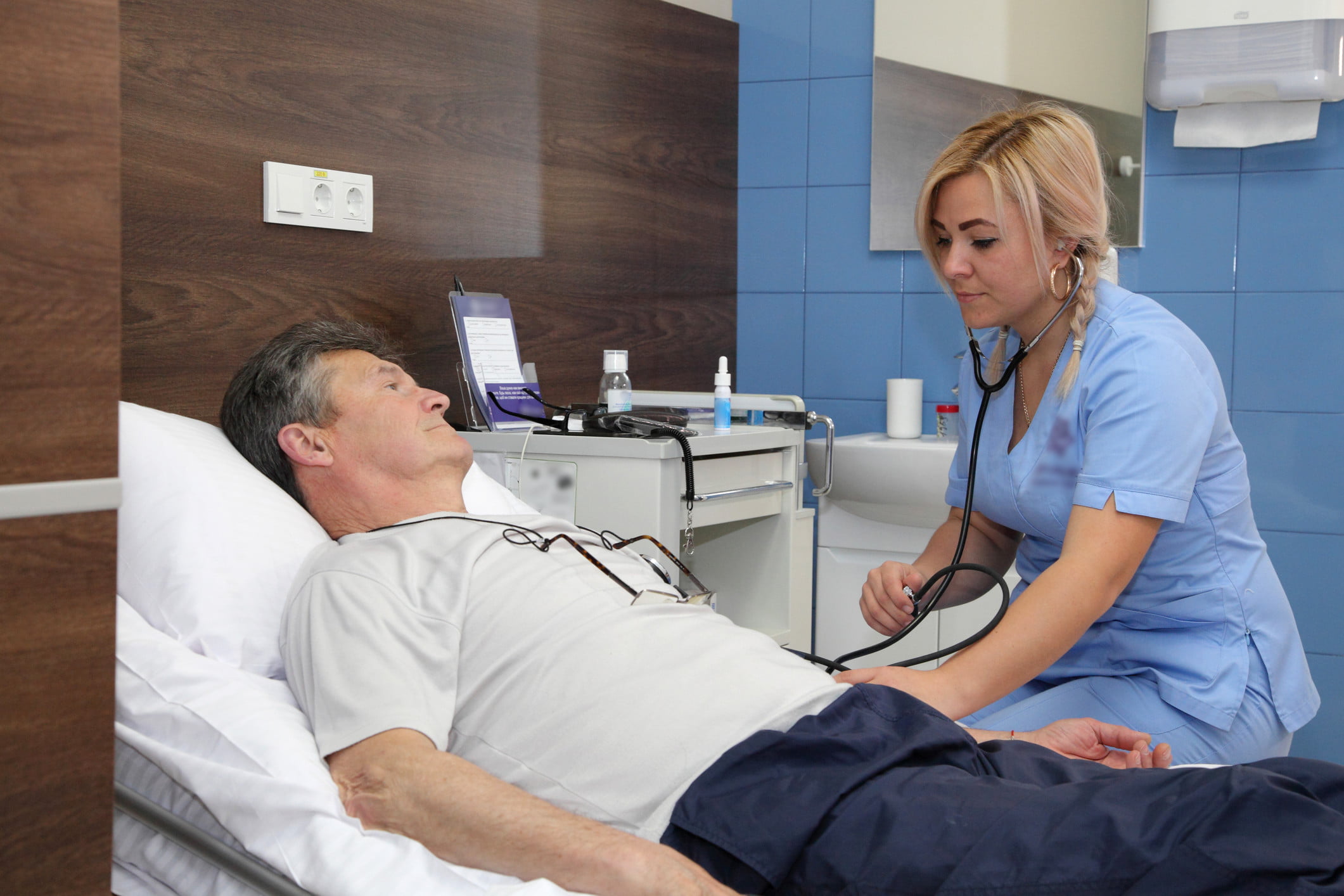As a physician, it can be exceedingly difficult to fit healthy habits into your daily routine. With a constantly jam-packed schedule, rotating shifts, and high stress levels, taking care of yourself often takes a backseat to caring for your patients. But, remember that you can’t take good care of your patients if you don’t take care of yourself first. If you’re curious about how to fit healthy habits into your overflowing schedule, keep reading for a few helpful tips.
Proper Diet
Eating a healthy, well-balanced diet is key to maintaining long-lasting, good health. You’ve no doubt heard the old adage, “practice what you preach,” and it certainly stands true when it comes to healthy eating habits. Your patients look to you for advice, and if it appears you don’t follow your own healthy living advice, how can they trust your recommendations? Plus, eating a healthy diet allows you to maintain steady energy throughout your long workday. Between twelve-hour shifts and constantly being on call, it’s easy to get burned out when you don’t feed your body what it needs to thrive. Whole, unprocessed foods should form the bulk of your diet, but when you’re on the go, you can certainly incorporate healthy, protein-packed snacks to keep you satiated. Because you’re no doubt short on time, try to set aside a few hours on one of your days off to prep a few healthy meals for the days ahead.
Get Enough Sleep
Allowing yourself to become exhausted is an excellent way to increase the likelihood of making serious, yet preventable mistakes that can harm both you and your patients. Unfortunately, though, many physicians don’t get anywhere near the recommended eight hours of shut-eye per night. With your jam-packed schedule, it can be difficult to squeeze in enough sleep, and if you’re on call, uninterrupted sleep becomes nearly impossible. While you can’t technically “make up” for lost sleep, you can certainly add a few extra hours of rest on your days off. Rather than falling asleep in front of the television or with your phone in your hand, try turning off all electronics approximately one hour before bed. Cutting down on blue light emission from electronic devices can help you to fall asleep faster and stay asleep longer.
Exercise Regularly
When you feel as though you hardly have time to get enough sleep, you might be wondering how you can possibly squeeze in a good workout! It’s possible, though, with a bit of planning and creativity. Motivation to exercise can wax and wane, but making physical activity a nonnegotiable part of your daily routine can make the habit stick. You’re already aware of how exercise can benefit your patients, and if you’re recommending physical activity in your office, you should be practicing it, too. Try switching things up if you find it difficult to stick to the same routine. Biking, running, lifting weights, at-home interval training—the possibilities are endless. Even if you don’t feel like heading to the gym after a long day’s work, try bodyweight exercises in your living room. Or, if you prefer to relax after work, try to squeeze in a quick thirty-minute interval workout before you head into the office for the day. A half-hour workout requires just 2 percent of your entire day. Even if you have to split it into two short fifteen-minute workouts, that’s better than nothing at all.
When you’re charged with taking care of others, it can be a challenge to take care of yourself. But, just like any other human, you also need to maintain good health. When you take the time to incorporate healthy habits into your daily routine, you’ll be surprised at how much better you feel, function, and serve your patients!







